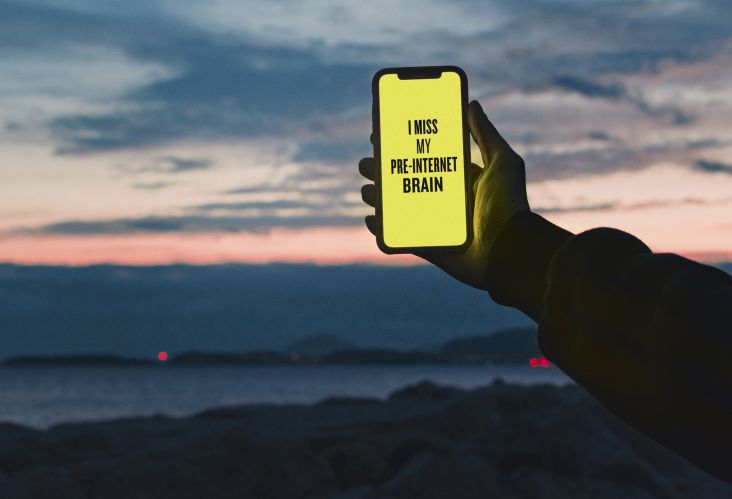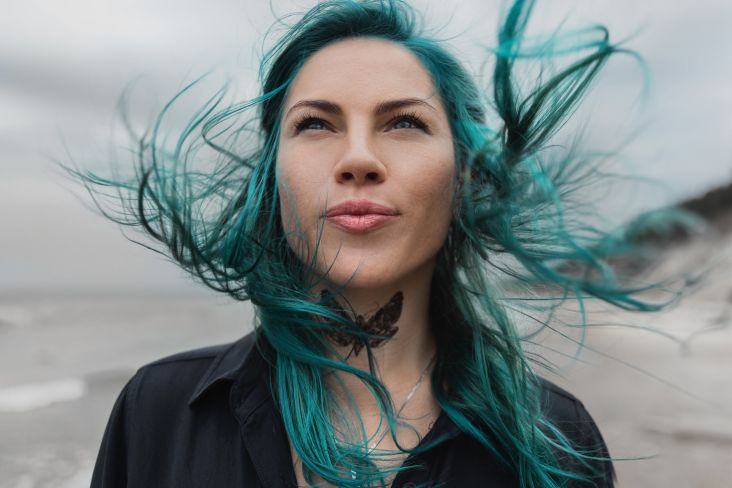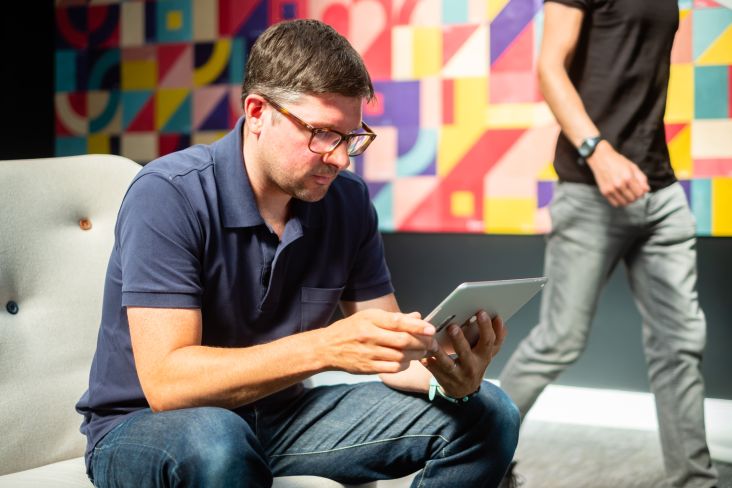The Joy of Failure: Can closing a business be a good thing?
Failure is often deemed a dirty word in Britain. We're not fond of it, particularly when it comes to business. But can failure be a good thing? Jon Cockley, a co-founder of Handsome Frank, shares his thoughts on the experience of closing something down.
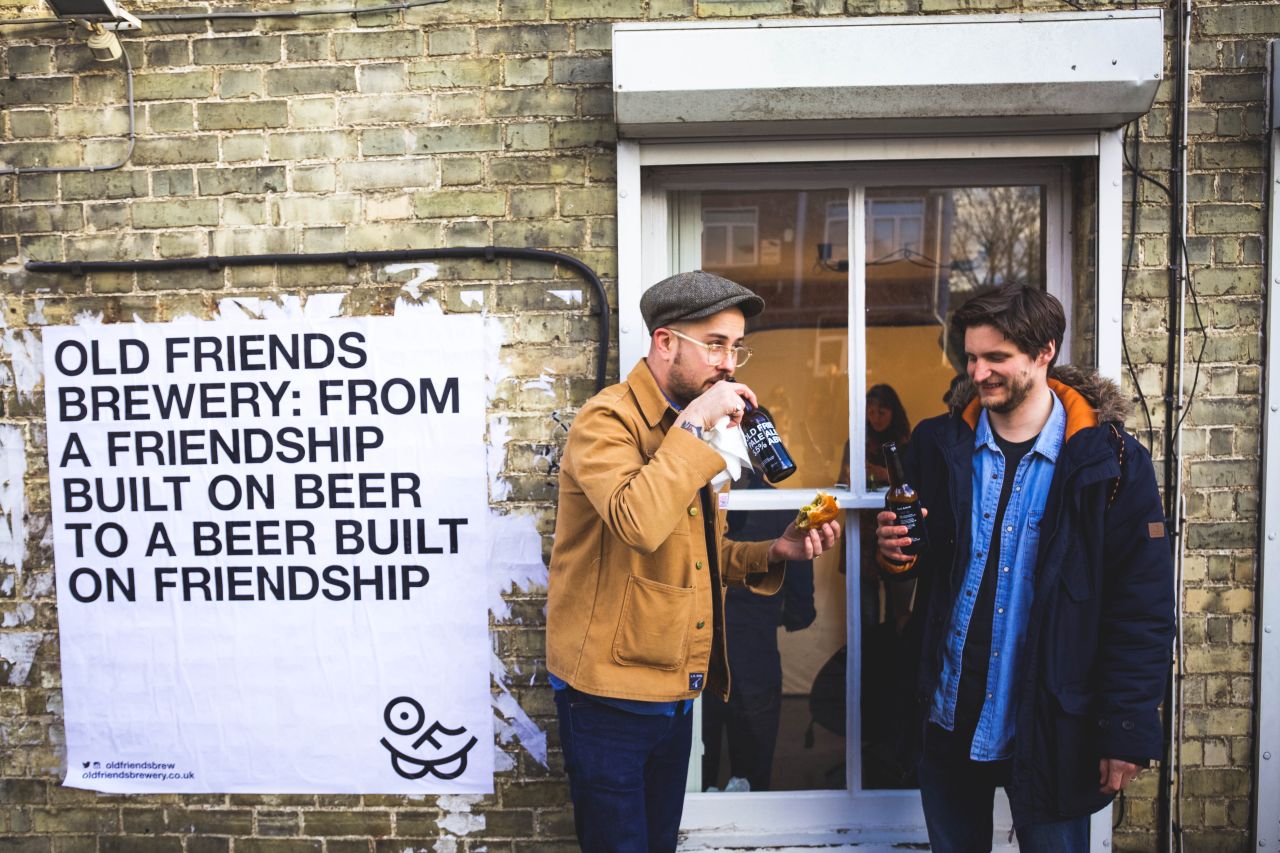
Last month I did something I’ve never done before, I closed a company. The company in question was Old Friends Brewery, a craft beer microbrewery that I ran with (you’ve guessed it) an old friend, Tim.
The whole thing began four years ago and started as a conversation over Sunday lunch. We were enjoying a couple of craft beers and talking about the (then) lack of any interesting breweries in our home town, Cambridge.
Things escalated a little, and we started to think about whether we could make beer. One week later, and having spent a few hundred pounds, we embarked on our first brew. It tasted awful, we made a lot of mistakes, but curiosities had been piqued. Research began (lots of essential taste testing of other beers), we started to put together mood boards for what the brand would look and feel like, and the name was coined. Old Friends Brewery: 'From a friendship based on beer to a beer based on friendship' – a tagline I’m still unashamedly proud of.
At this point, things started to get serious, we registered a limited company. We approached some friends who run a local design agency (The District) and offered them the chance to become minority shareholders – in exchange for their branding and design expertise. Everyone was excited! Suddenly we had a brand identity, a website, and Instagram account that had announced to the world that our beer was coming soon – time to learn to brew!
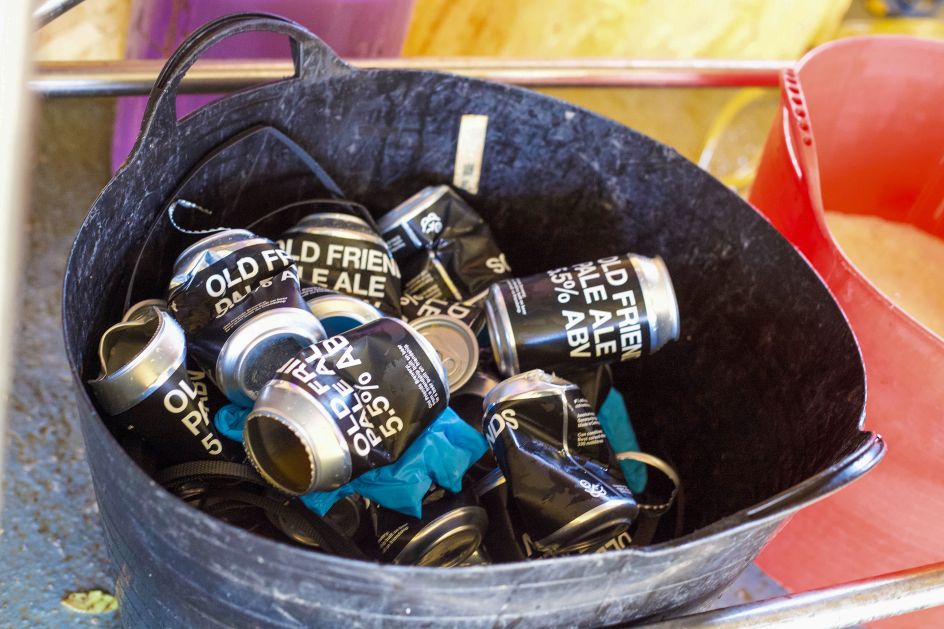
What followed was a rollercoaster four years of ups and downs, learning and failing, trial and error – cutting to the highlights we had some real successes. Although consistency was an issue, when our beer was good, it was delicious. We gained a lot of momentum locally and started selling to an array of restaurants, off licences and hotels in the city. Some of our favourite bars started selling our beer; it was such a buzz. I remember going out on my birthday and overhearing someone at the bar ordering our pale ale; it made my night! We upgraded our kit on three occasions, and by the end, we had a 100-litre system. A big enough setup to become a fully-fledged, full-time micro-brewery.
On the flip side, we had some low points. An ill-fated canning run saw us pouring away a lot of spoiled beer and losing a lot of money. In an industry where margins are tiny, incidents like this can hurt you. The biggest issue, though, and the one resource that is finite to all of us, was our time. There’s no getting away from how time-consuming brewing is. From start to finish a brew is at least a seven to eight-hour process. Although there are times during that process when you can be failure-passive, you still have to be attentive and present.
So, when you throw in day jobs, school pick-ups and everyday family life that becomes a significant time drain. For this reason, we got into a pattern of brewing in the evening and on into the night. There were times when we were stood outside on a January morning at 2am with soaking wet feet, when we questioned what we were doing. We were burning the candle at both ends.
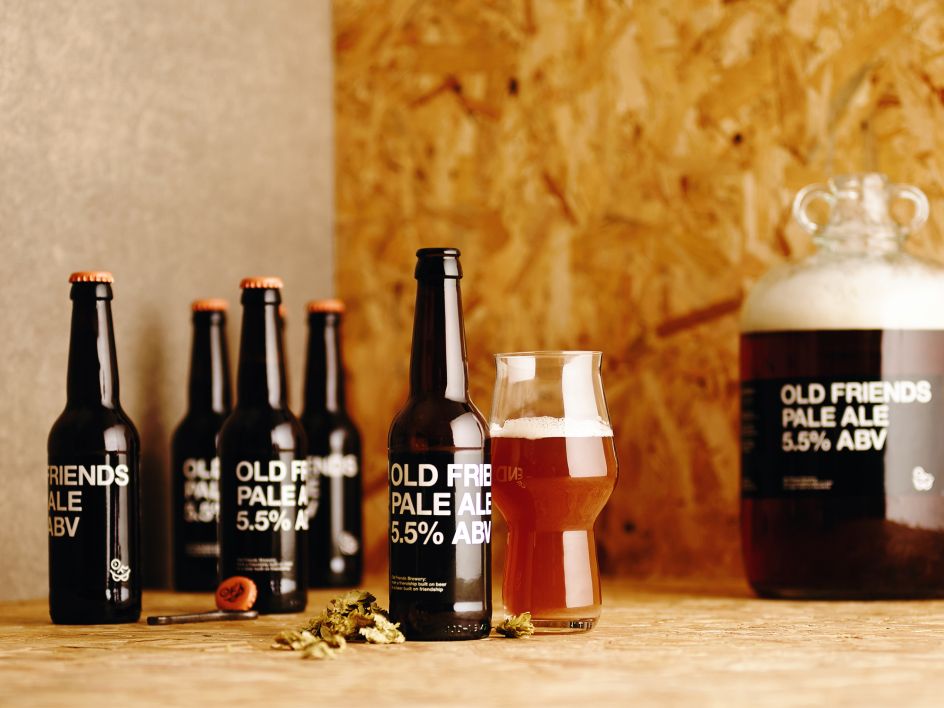
So reluctantly we took the decision earlier this year to close the business, sell our equipment and hang up our mash paddle for good. Since doing so, I’ve thought a lot about what the experience taught me, and the answer is quite a lot.
First and foremost, I can confirm the adage is true; success teaches you nothing. I’ve been running Handsome Frank for almost ten years now, and we’re fortunate in that it has always worked. Virtually from day one, the business began to grow, and although we’ve put a tremendous amount of time and energy into it being a success, getting things right and succeeding didn’t teach me anything.
As soon as I started running a craft beer business, my eyes were opened. I realised why Handsome Frank worked and how the structure of that business was much healthier. With beer, you have to think about physical products, storage, ingredients, shelf life, technical processes, none of the things are part of being an illustration agency. I realised what we’d done right and the advantage of the way we’d structured Handsome Frank.
With brewing, making something physical (and with love) and sending it out into the world was one of the things I enjoyed most about the experience. With Handsome Frank, even though the work is sometimes printed, or installed, we’re dealing with digital files on a day to day basis. I liked the feeling of making something tangible that could be experienced and consumed by people. When people liked our beer, and they told us so, it felt amazing. The flipside to that was when the feedback wasn’t positive.
Feedback and how to handle it is a massive part of being an illustration agent, but it’s not something I take personally, because after all, it’s not directly a comment on my work. In the beer world, feedback comes via several apps and online communities. The beer community has an unquenchable thirst for new brews, and they're very keen to give their verdict on your efforts.
The most popular community is the Untappd platform, a service that allows drinkers to record and rate the drinks they’ve tried and, like any corner of the internet which invites review and scores, it can be brutal. Old Friends Milk Stout has a very respectable average rating of 3.77 out of 5, and I’m happy to report a few five-star reviews.
Our beers weren’t to everyone’s taste, and we received some savage reviews. "Drain pour" was one particularly damning verdict. Suddenly I gained a new-found empathy for our illustrators. There you are, pouring your heart and soul into something creative and sending it out into the world only to get criticism and negative comments. It can be hard to take, and you need to have thick skin. It’s made much more sensitive to how an artist feels when their work is critiqued, and I’m more mindful of the language that should be used when giving feedback.
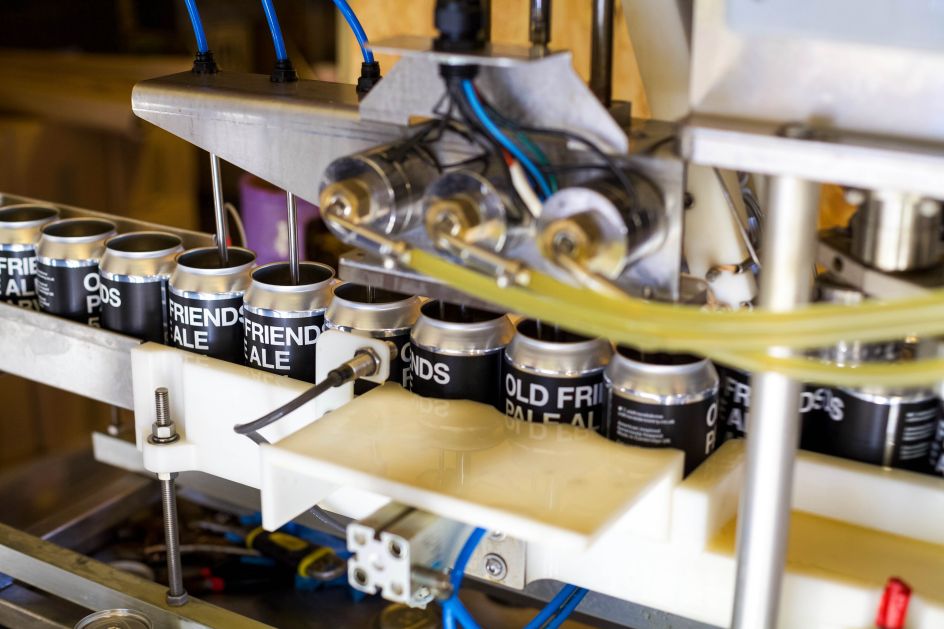
Without a doubt, one of the best things about this experience was the chance to connect with people locally. Cambridge has a vibrant food and drink scene these days, and the opportunity to meet and work with other small business owners was fantastic.
With Handsome Frank, our clients are all over the world and on many occasions, I never meet the person behind the emails. It was so good to work with people who you can meet face to face, bump into on the street or grab a quick coffee with. I felt like it reconnected me with where I live, my community and that’s something that I want to take forward in future. It’s so easy for a business owner to sit behind a laptop and not connect with real people these days.
I guess the final things that I learned from all of this is that hobbies don’t need to become businesses. If you’re an entrepreneurial type of person (sorry I hate the word, too), there’s always that temptation to take something you enjoy and monetise it.
In this instance, though, I think that was a mistake. By taking something you love and turning it into a business, some of the joy is lost, and the pressures of everyday life come into a world which should be fun and free. I plan to brew beer again one day, hopefully with my old friend Tim, but next time, it'll just be for fun. And if we fail to make anything nice, we’ll have fun failing.




 by Tüpokompanii](https://www.creativeboom.com/upload/articles/58/58684538770fb5b428dc1882f7a732f153500153_732.jpg)

 using <a href="https://www.ohnotype.co/fonts/obviously" target="_blank">Obviously</a> by Oh No Type Co., Art Director, Brand & Creative—Spotify](https://www.creativeboom.com/upload/articles/6e/6ed31eddc26fa563f213fc76d6993dab9231ffe4_732.jpg)












